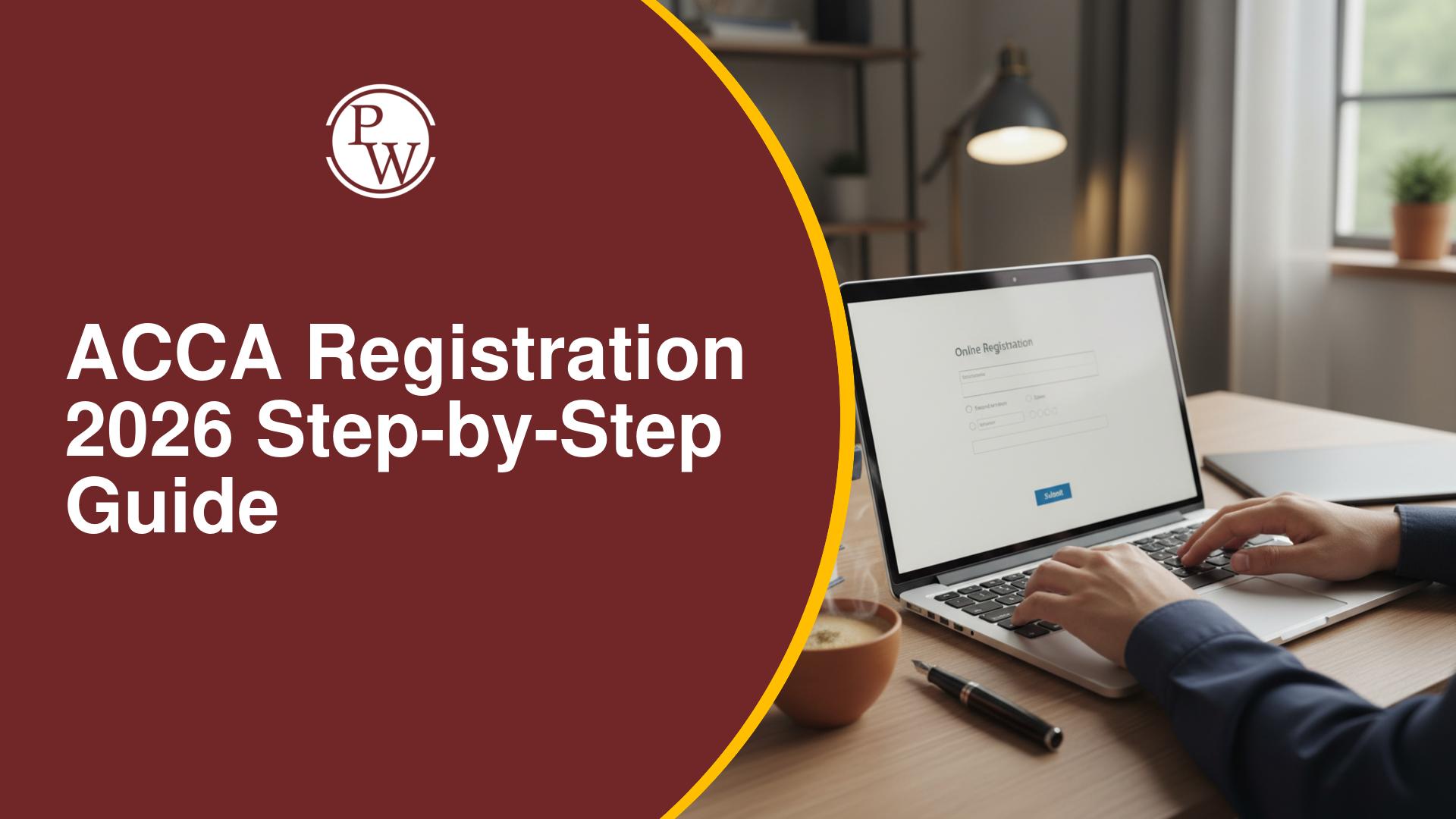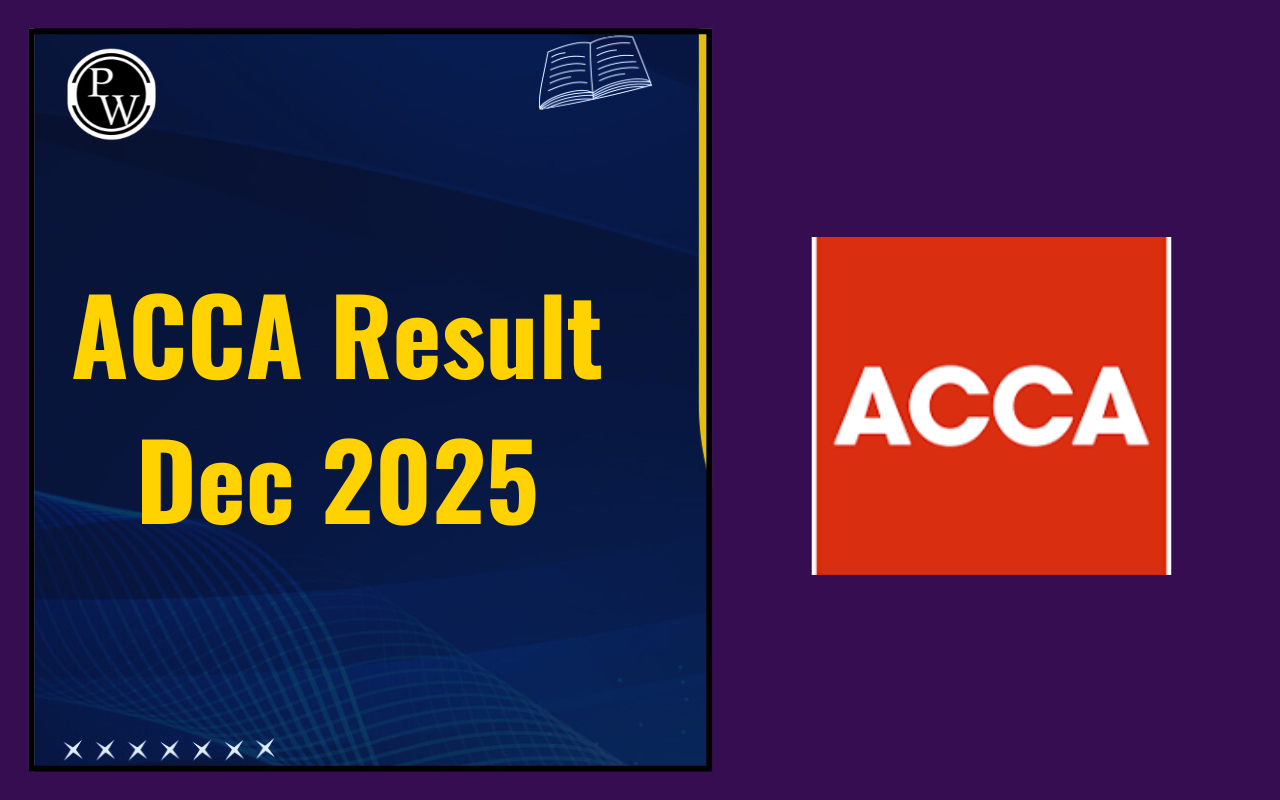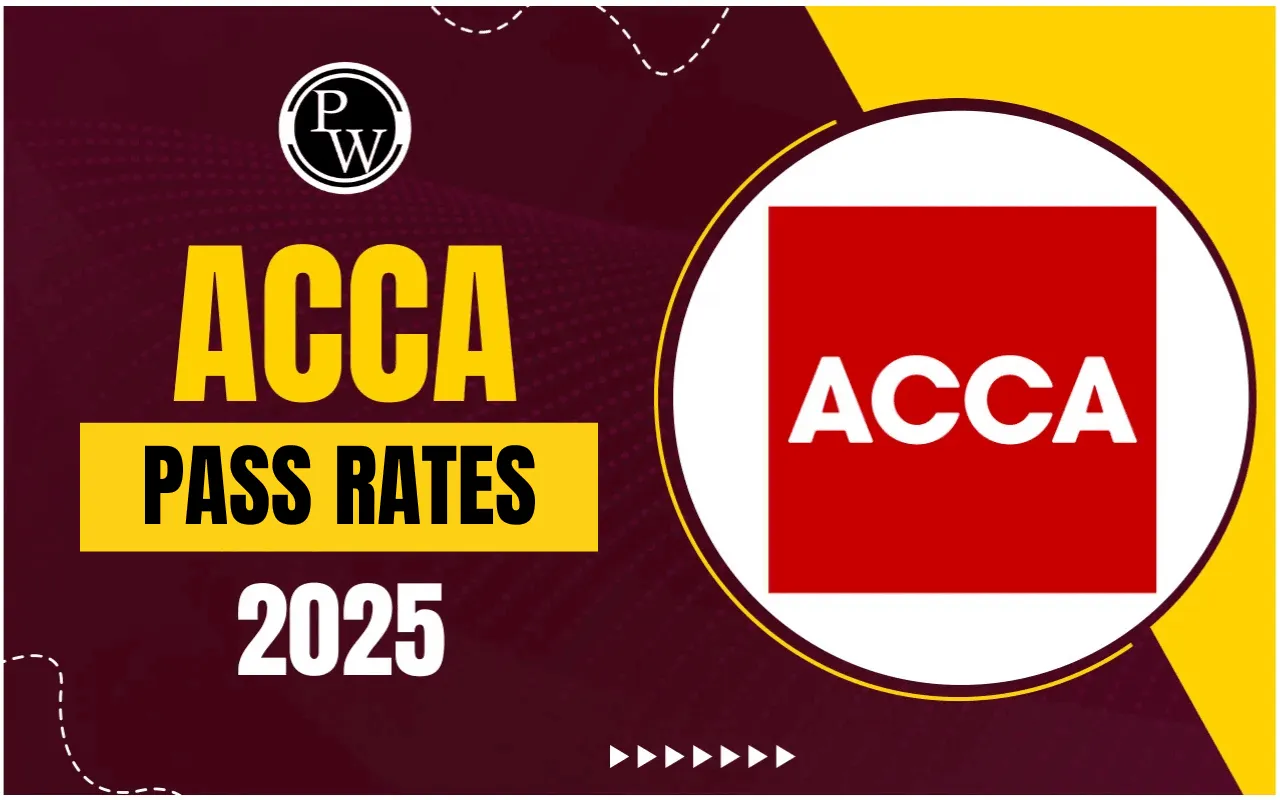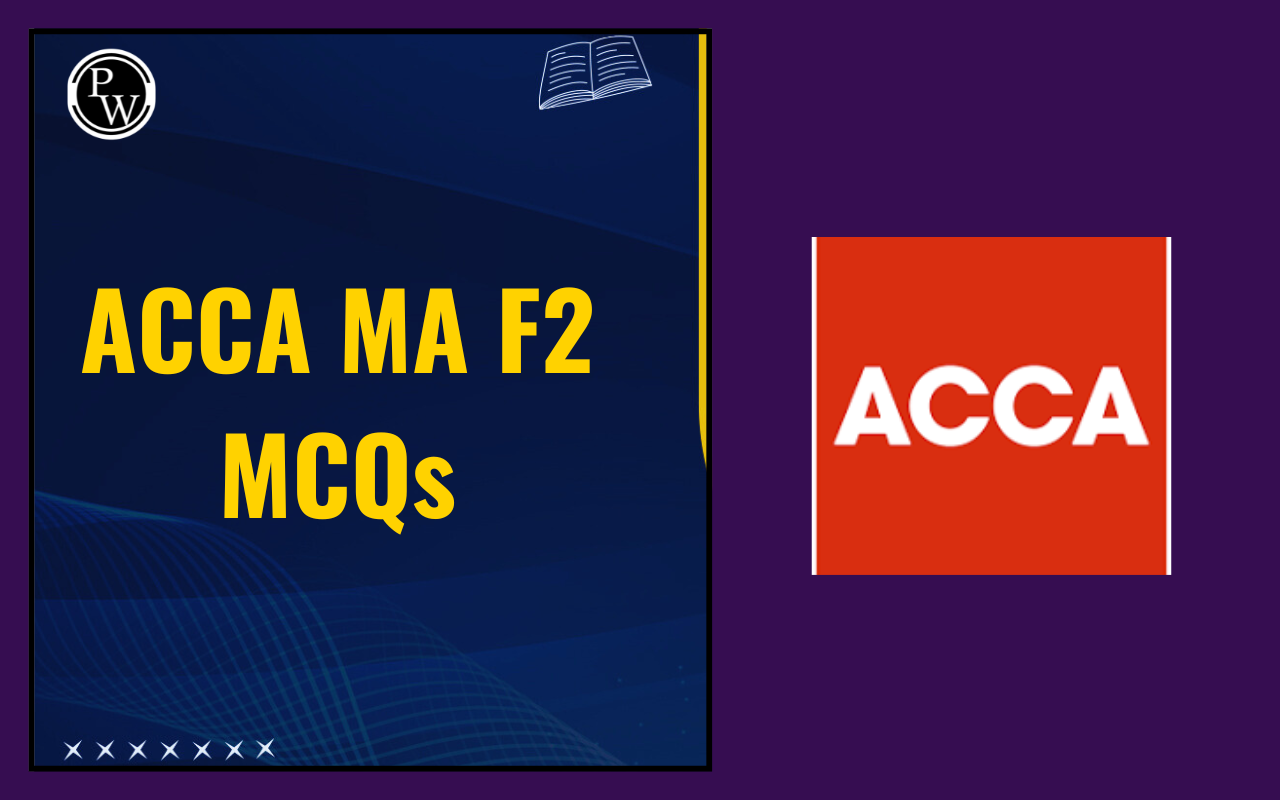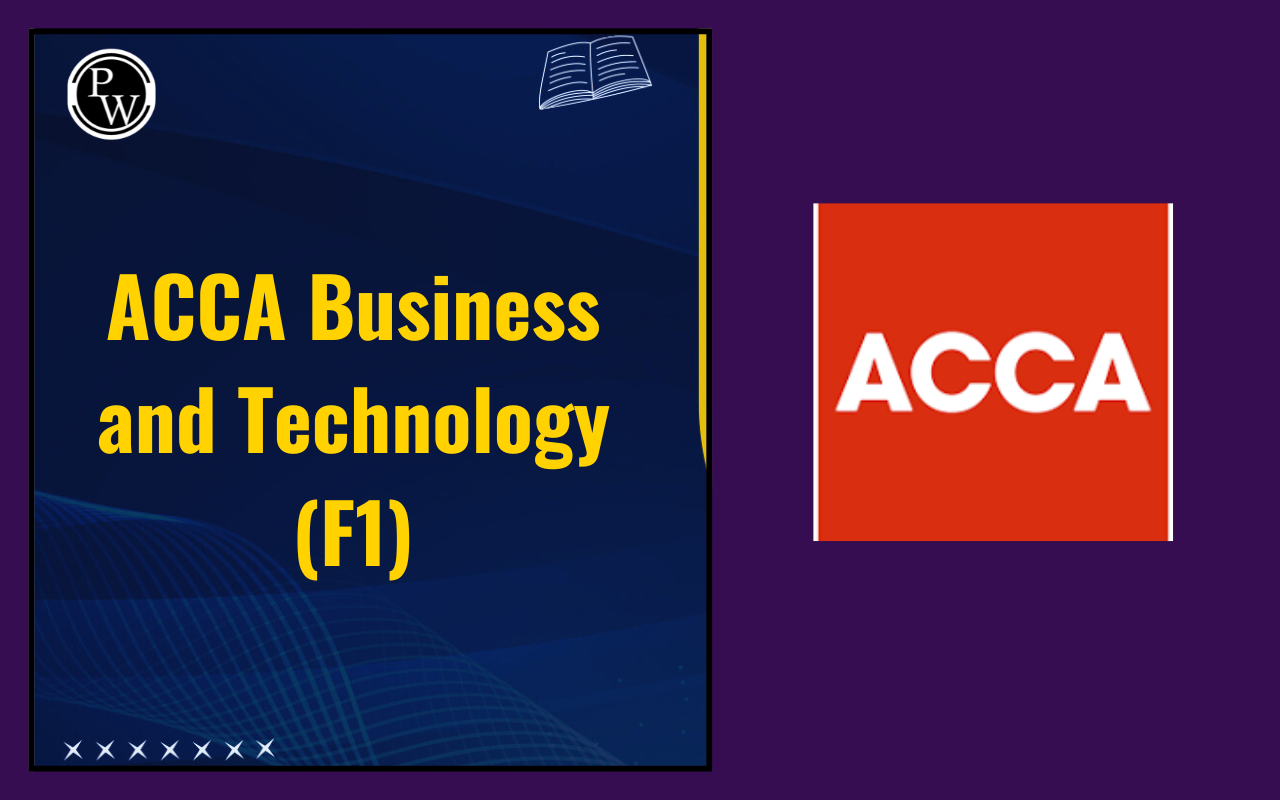
ACCA is a respected and internationally recognized qualification that demands proper planning and dedication. One of the most important decisions you’ll face during your ACCA journey is choosing which exams to attempt together.
Here, we’ll clearly explain the ACCA exam structure, the best exam combinations to consider, and smart strategies to help you confidently decide the right path for your ACCA preparation.
What Are ACCA Exam Exemptions?
Before deciding which ACCA exams to take together, it’s important to check if you qualify for any ACCA exam exemptions. These exemptions allow you to skip certain papers based on your previous education or professional qualifications, helping you move faster through the course.
Who Can Get ACCA Exam Exemptions?
Accounting Graduates: If you have a degree in accounting or finance, you may be eligible for exemptions from the Applied Knowledge exams and possibly some papers at the Applied Skills level.
Professional Qualification Holders: Those who hold certificates like CA, CPA, or CIMA can also claim exemptions at different stages of the ACCA course.
How to Apply for ACCA Exam Exemptions?
If you’re eligible for ACCA exam exemptions, applying for them is a straightforward process:
-
Submit your academic transcripts and qualification certificates to ACCA through your online account.
-
ACCA will review and verify your documents to determine which exemptions you qualify for.
-
Once approved, you’ll receive confirmation of your exemptions, and you can plan the rest of your exams based on what’s left.
It’s important to check your exemptions early so you can organize your ACCA exam schedule smartly and avoid wasting time on exams you don’t need to take.
ACCA Exam Structure
The ACCA exam is organized into three main levels, each building on the knowledge from the previous one:
1. Applied Knowledge Level:
-
Business Technology (BT)
-
Management Accounting (MA)
-
Financial Accounting (FA)
2. Applied Skills Level:
-
Taxation (TX)
-
Financial Reporting (FR)
-
Audit and Assurance (AA)
-
Performance Management (PM)
-
Financial Management (FM)
-
Corporate and Business Law (LW)
3. Strategic Professional Level:
-
Strategic Business Leader (SBL)
-
Strategic Business Reporting (SBR)
-
Advanced Management Accounting (AMA)
-
Advanced Audit and Assurance (AAA)
-
Advanced Financial Management (AFM)
-
Advanced Performance Management (APM)
Optional Exams (choose any two):
-
Business Analysis (BA)
-
Financial Strategy (FS)
-
Risk Management (RM)
Also Check: ACCA Online Exam Issues Faced & Troubleshooting
Which ACCA Exams Should You Take Together?
Choosing the right combination of ACCA exams can boost your chances of passing by taking advantage of related topics and skills.
Pair Complementary Subjects
Take exams that cover similar areas to reinforce your understanding. For example, pairing Financial Reporting (FR) with Audit and Assurance (AA) helps connect financial statements with auditing principles.
Balance Theory and Numbers
Combine a theory-heavy paper like Taxation (TX) with a more number-focused exam such as Financial Management (FM). This mix keeps your study routine varied and engaging.
Consider Your Learning Style
If you learn best visually, choose exams supported by rich study materials like videos and diagrams to make preparation easier and more effective.
Exam Combinations for ACCA
Choosing the right pairs of ACCA papers can help you study more effectively by focusing on related topics together.
Applied Knowledge Level
Management Accounting (MA) and Financial Accounting (FA): MA focuses on internal management processes, while FA deals with preparing financial reports for external users. Studying these together gives you a strong foundation in core accounting principles.
Applied Skills Level
Financial Reporting (FR) and Audit and Assurance (AA): FR teaches how to prepare financial statements, and AA covers how to audit these statements. These papers complement each other perfectly.
Performance Management (PM) and Financial Management (FM): PM focuses on internal decision-making, and FM deals with financial strategy and investments. Together, they provide a balanced understanding of management accounting and finance.
Taxation (TX) and Corporate and Business Law (LW): TX covers tax rules, while LW deals with legal regulations affecting businesses. Both involve understanding legal frameworks, making them a good match.
Strategic Professional Level
Strategic Business Reporting (SBR) and Advanced Audit and Assurance (AAA): These papers overlap in advanced financial reporting and auditing topics, making them a logical combination.
Strategic Business Leader (SBL) and Advanced Performance Management (APM): SBL focuses on leadership and strategic decision-making, while APM emphasizes improving performance management at a strategic level.
Why Should You Pair ACCA Exams Strategically?
The following are main benefits of paring ACCA exams strategically:
1. Boosts Motivation
Studying multiple exams at once helps keep your motivation high. Focusing on just one exam can sometimes feel tiring and boring. But when you pair exams, you create a clear path and purpose.
Switching between subjects breaks the monotony. After studying a theory-heavy paper, you can refresh your mind by working on a numbers-based exam. This variety keeps you energized and engaged throughout your ACCA journey.
2. Improves Time Management
Choosing complementary exams lets you study more efficiently by reducing repeated effort. For example, Financial Reporting (FR) and Audit and Assurance (AA) both involve financial statements.
Studying them together helps you understand core concepts deeply without wasting time on the same material twice. This focused approach allows you to plan your study time better and make each session more productive.
3. Reduces Exam Stress
Strategically pairing exams helps balance the mental load. Mixing theoretical papers like Taxation (TX) with numerical ones like Performance Management (PM) prevents burnout and keeps your mind fresh.
This way, you avoid feeling overwhelmed by a single subject’s complexity. Also, spreading your preparation evenly over time avoids last-minute cramming, helping you feel more confident and less stressed as exam day approaches.
| Also Check: |
| ACCA Exam 2025 Centre based VS Remote Based |
| ACCA Exam Difficulty Factors |
| How to Use a Calculator for ACCA Exams? |
| How to Prepare for Performance Management in Last 1 Month? |
FAQs
Can I get exemptions for some ACCA exams?
How do I apply for ACCA exam exemptions?
Which ACCA exams are best taken together?
Why is it important to balance ACCA theory and numerical exams?



